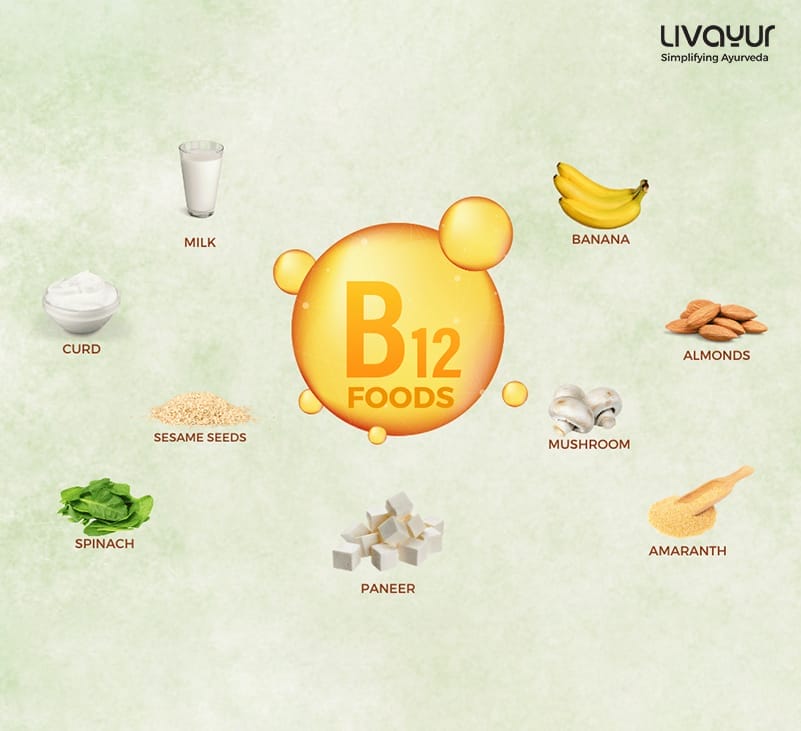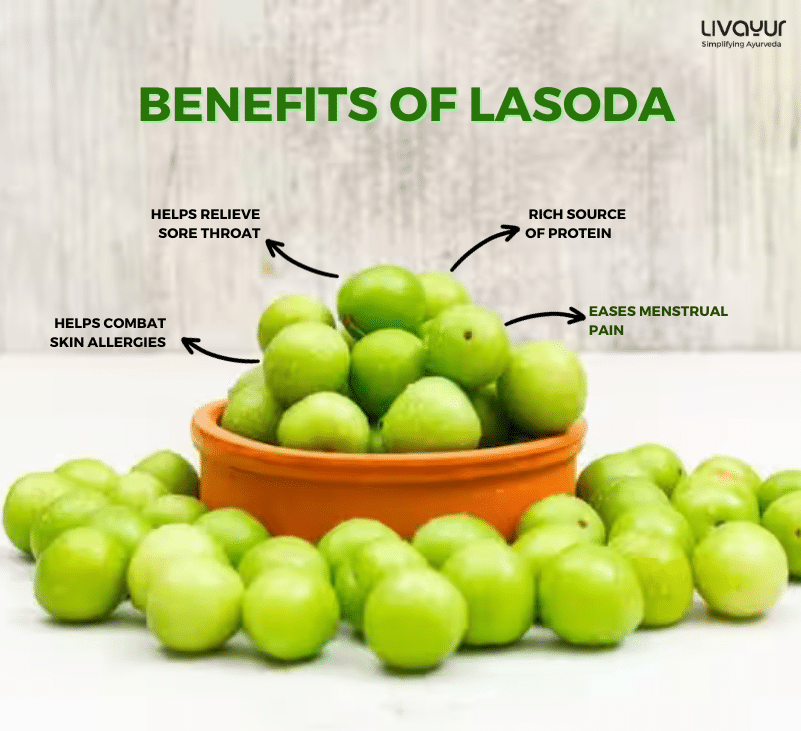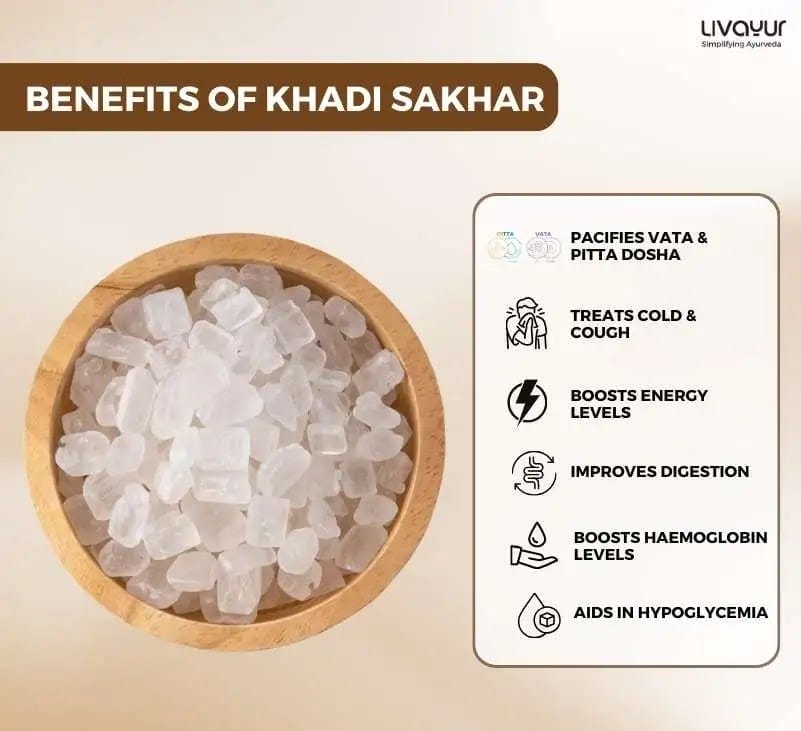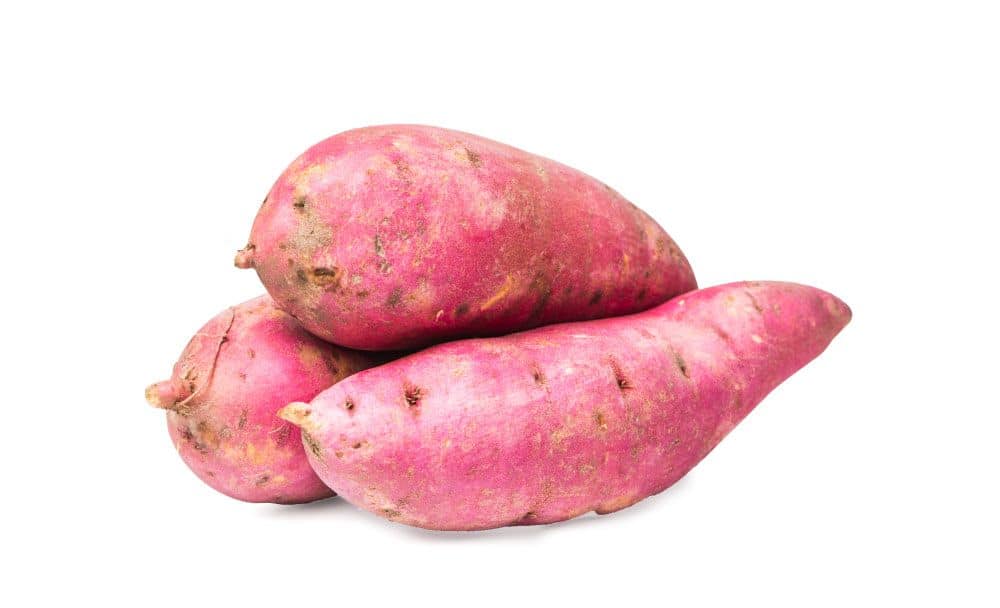
Sweet potatoes are delicious and offer an impressive array of health benefits. Packed with essential nutrients and brimming with natural goodness, these vibrant tubers have long been celebrated for their remarkable impact on overall well-being.
In this article, we will explore 12 scientifically proven health benefits of sweet potatoes. We also shed light on their nutritional value and explain how they can enhance your health in different ways.
What is a sweet potato?
Sweet potato, scientifically known as Ipomoea batatas, is a starchy root vegetable belonging to the Convolvulaceae family. It is a tuberous crop widely cultivated in many parts of the world, known for its vibrant flesh and slightly sweet taste. Unlike regular potatoes, which belong to the Solanaceae family, sweet potatoes are unrelated and offer a distinct nutritional profile.
This versatile vegetable has been a staple food in various cuisines for centuries, appreciated for its delightful flavor and versatility in cooking. It can be enjoyed in savory and sweet dishes, making it a versatile ingredient in countless recipes. Apart from its culinary appeal, sweet potatoes are highly regarded for their health benefits and the ability to enrich our diets with essential nutrients.

Sweet potato nutrition profile
Here’s the nutritional value of 100 grams of sweet potato: [1]
| Name | Amount |
|---|---|
| Water | 77.3 g |
| Energy | 86 kcal |
| Protein | 1.57 g |
| Fiber, total dietary | 3 g |
| Sucrose | 2.52 g |
| Glucose | 0.96 g |
12 benefits of consuming sweet potato
Here are the 12 benefits of consuming sweet potatoes:
- Nutrient powerhouse
Sweet potatoes contain essential vitamins and minerals, including vitamin A, vitamin C, potassium, and fiber. These nutrients play a vital role in maintaining overall health and well-being. [1] - Antioxidant Boost Sweet potatoes contain beta-carotene, a powerful antioxidant that helps combat oxidative stress and reduce inflammation. [1]
- Immune system support
The vitamin C content in sweet potatoes helps strengthen the immune system, promoting a healthy defense against infections and illnesses. [1] - Heart health
Sweet potatoes contain potassium, which helps regulate blood pressure levels and maintain a healthy heart. Additionally, the fiber content aids in lowering cholesterol levels, reducing the risk of heart disease. [1] - Blood Sugar Regulation
Despite their natural sweetness, sweet potatoes have a lower glycemic index than regular potatoes. They cause a slower and steadier rise in blood sugar levels, making them a suitable option for individuals managing diabetes. [2] - Digestive health
The fiber content in sweet potatoes supports healthy digestion and prevents constipation. It also acts as a prebiotic, nourishing beneficial gut bacteria. [1]
Also read about 12 incredible benefits of breadfruit for overall health
7. Eye health
Loaded with vitamin A and other antioxidants, sweet potatoes contribute to good vision and eye health. [3]
8. Weight management
Sweet potatoes are high in fiber, which promotes satiety and helps control hunger cravings. Including them in a balanced diet can support healthy weight management. [4]
9. Energy boost
The complex carbohydrates in sweet potatoes provide a steady release of energy, making them an excellent choice for sustained physical and mental performance. [5]
10. Skin health
The abundance of antioxidants in sweet potatoes helps maintain healthy skin by protecting it from free radical damage and promoting collagen production. [6]
11. Anti-inflammatory properties
Sweet potatoes contain compounds with anti-inflammatory properties that may help alleviate symptoms of inflammatory conditions. [7]
12. Overcomes Vitamin A deficiency
The presence of vitamin A in sweet potatoes aids in overcoming vitamin A deficiency in the body. [1]
How to consume sweet potato
When it comes to enjoying sweet potatoes, the possibilities are endless. Here are a few simple and delicious methods to include sweet potatoes in your meals:
- Baked
You can enjoy them as a side dish or a standalone meal by topping them with your favorite ingredients, like butter. - Roasted
Cut the sweet potatoes into bite-sized pieces, toss them with olive oil, salt, and your preferred herbs or spices. You will get crispy, flavorful sweet potato bites that make a fantastic side dish or a tasty addition to salads. - Mashed
Peel and chop the sweet potatoes into chunks and boil them until tender. Drain the water and mash the cooked sweet potatoes, adding a dash of milk or butter for creaminess. Season with salt, pepper, and spices to create a comforting and velvety mashed sweet potato dish.
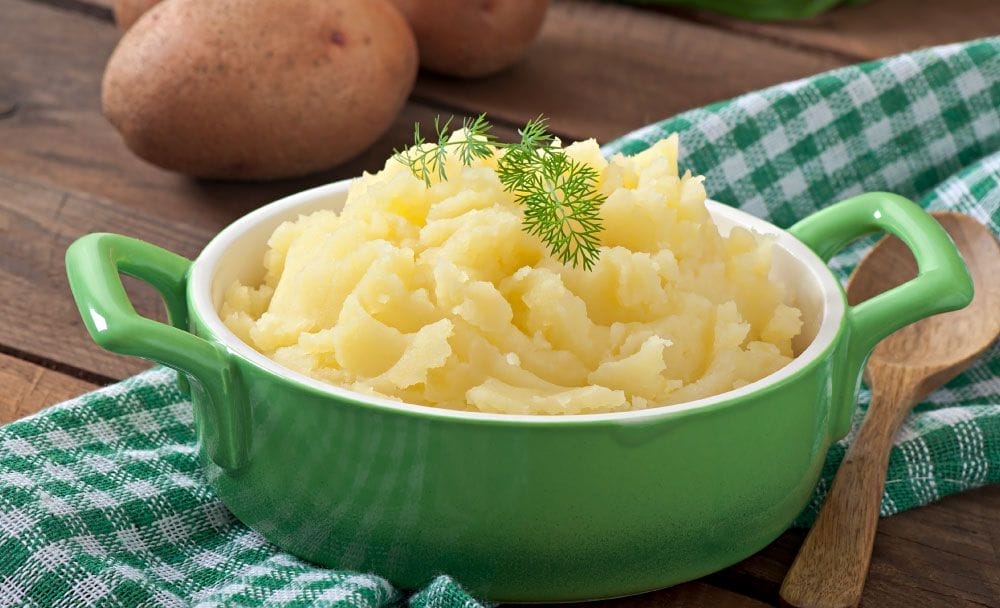
- Steamed
Peel and cut sweet potatoes into uniform pieces, then steam them in a steamer basket or on the stovetop until tender. Steamed sweet potatoes retain their natural flavor and nutrients, making them a healthier option. - Grilled
Slice sweet potatoes into thin rounds or long strips, brush them with olive oil, and season with your preferred spices. Grilled sweet potatoes make a delightful addition to barbecues and summer cookouts.
FAQs
- Are there calories in sweet potatoes?
Yes, sweet potatoes contain calories. The calorie content depends on its size and preparation method. - Are there proteins in sweet potatoes?
While sweet potatoes are a good source of carbohydrates, they are not particularly high in protein. If you’re looking to increase your protein intake, it’s advisable to combine sweet potatoes with other protein-rich foods. - Is sweet potato good for weight loss?
Yes, sweet potatoes can be beneficial for weight loss. They are high in fiber and have a lower glycemic index compared to regular potatoes. - Is it better to consume sweet potatoes during pregnancy?
It is best to consult with a healthcare professional for personalized advice regarding dietary choices during pregnancy. - Does sweet potato lead to diabetes?
No, sweet potatoes do not directly lead to diabetes. The lower glycemic index of sweet potatoes, compared to regular potatoes, means they cause a slower and steadier rise in blood sugar levels. However, portion control and overall carbohydrate intake should be considered as part of a balanced diet for individuals with diabetes or those at risk of developing diabetes. - Is sweet potato better for weight loss?
Sweet potatoes can be a valuable addition to a weight loss diet due to their high fiber content, which promotes satiety and helps control hunger. However, weight loss depends on overall calorie intake, dietary balance, and individual factors.
Conclusion
Sweet potatoes bring versatility to the table, allowing you to enjoy them in various dishes. From baked and roasted to mashed and grilled, there are countless ways to savor their unique flavor and reap their benefits.
Make sweet potatoes a regular part of your diet and embark on a journey towards a healthier, more nourished lifestyle. With their undeniable taste and the numerous health benefits they bring, sweet potatoes truly deserve a prominent place in your kitchen and on your plate.
Disclaimer
The information provided here is generic and from an educational perspective only
References
- Sweet potato, raw, unprepared (Includes foods for USDA’s Food Distribution Program)
- Glycemic index of sweet potato as affected by cooking methods.
- Ensuring the supply of and creating demand for a biofortified crop with a visible trait: Lessons learned from the introduction of orange-fleshed sweet potato in drought-prone areas of Mozambique.
- White Sweet Potato as Meal Replacement for Overweight White-Collar Workers: A Randomized Controlled Trial.
- Sweet Potato Power.
- The anti-inflammatory potential of protein-bound anthocyanin compounds from purple sweet potato in LPS-induced RAW264.7 macrophages.
- Image credit for chemical structure of sweet potato.











